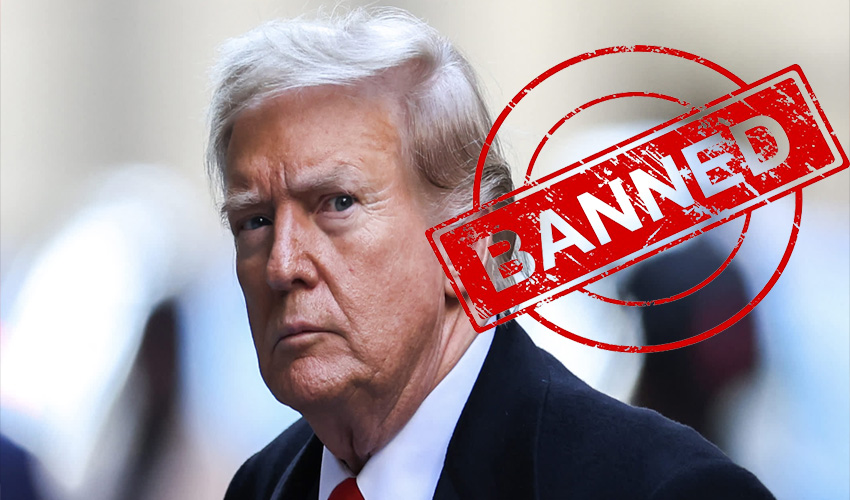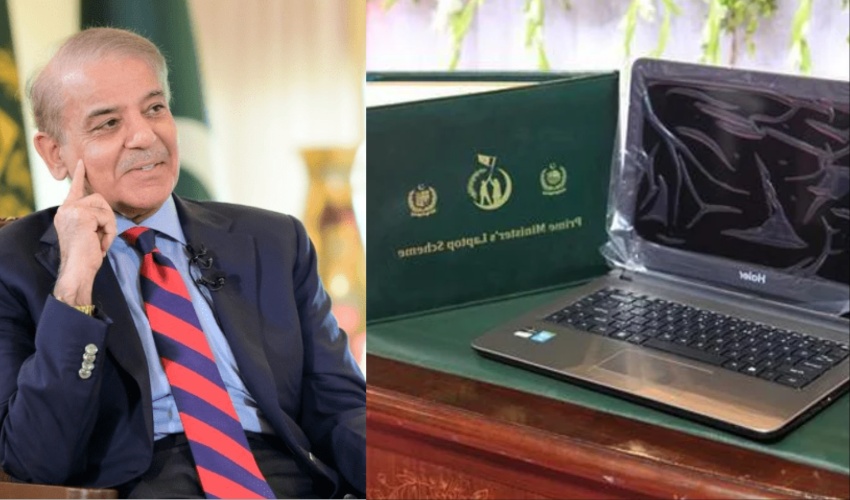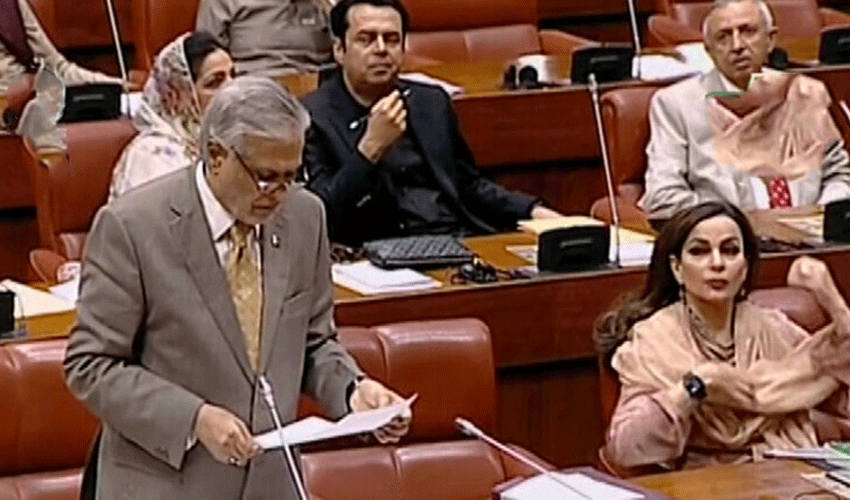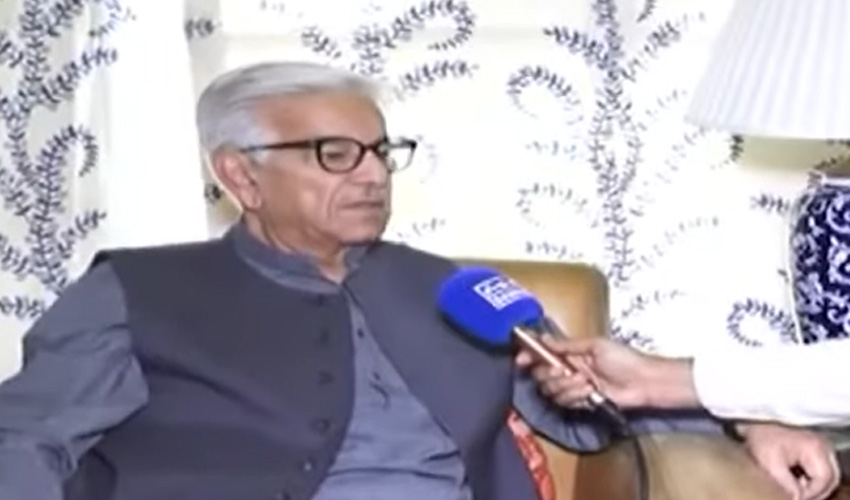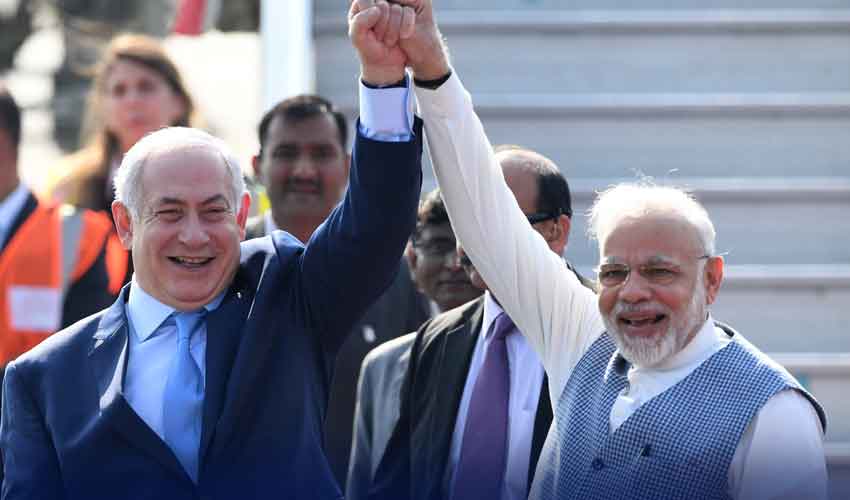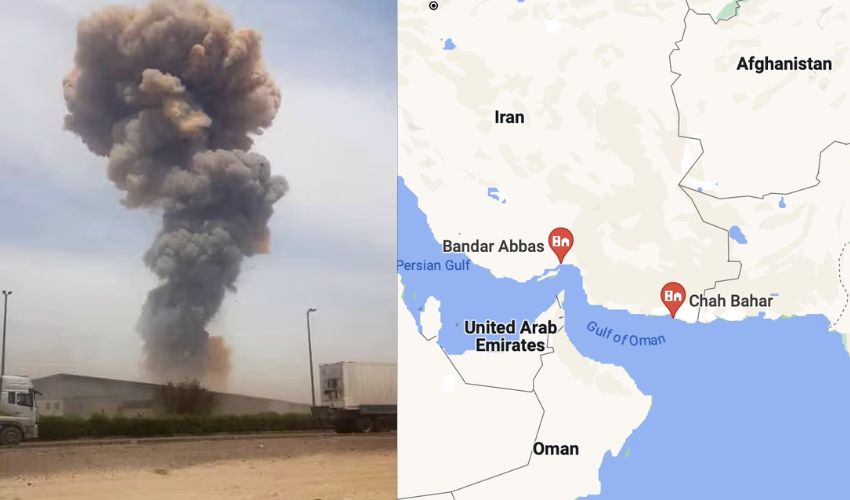Former US President Donald Trump has been banned from travelling to several countries following his recent conviction in the hush money trial, The Independent reported.
Trump was found guilty on Thursday of falsifying business records to cover up a $130,000 payment to adult film star Stormy Daniels, stemming from an alleged affair in the 2000s.
The conviction includes 34 charges related to fabricating documents in an effort to silence Daniels. This legal setback not only tarnishes Trump's reputation but also imposes significant restrictions on his international travel.
Nearly 40 countries, including key allies such as Canada and the United Kingdom, have stringent regulations regarding the entry of individuals with criminal records.
As Trump eyes another presidential run, these travel restrictions could pose a substantial hindrance to his diplomatic engagements. Without special accommodations, the former president might be barred from entering several nations, potentially affecting his campaign and foreign policy initiatives.
Countries known for their rigorous entry procedures for felons include:
- Argentina
- Australia
- Brazil
- Cambodia
- Canada
- Chile
- China
- Cuba
- Dominican Republic
- Egypt
- Ethiopia
- Hong Kong
- India
- Indonesia
- Iran
- Ireland
- Israel
- Japan
- Kenya
- Malaysia
- Macau
- Mexico
- Morocco
- Nepal
- New Zealand
- Peru
- Philippines
- Singapore
- South Africa
- South Korea
- Taiwan
- Tanzania
- Tunisia
- Turkey
- Ukraine
- United Arab Emirates
- United Kingdom
The implications of this travel ban extend beyond personal inconvenience. Should Trump secure a victory in the upcoming presidential election in November, his ability to fulfill presidential duties that require international travel could be severely compromised.
The need for special permissions to travel to these countries may introduce unprecedented complications to his potential administration's foreign affairs strategy.





